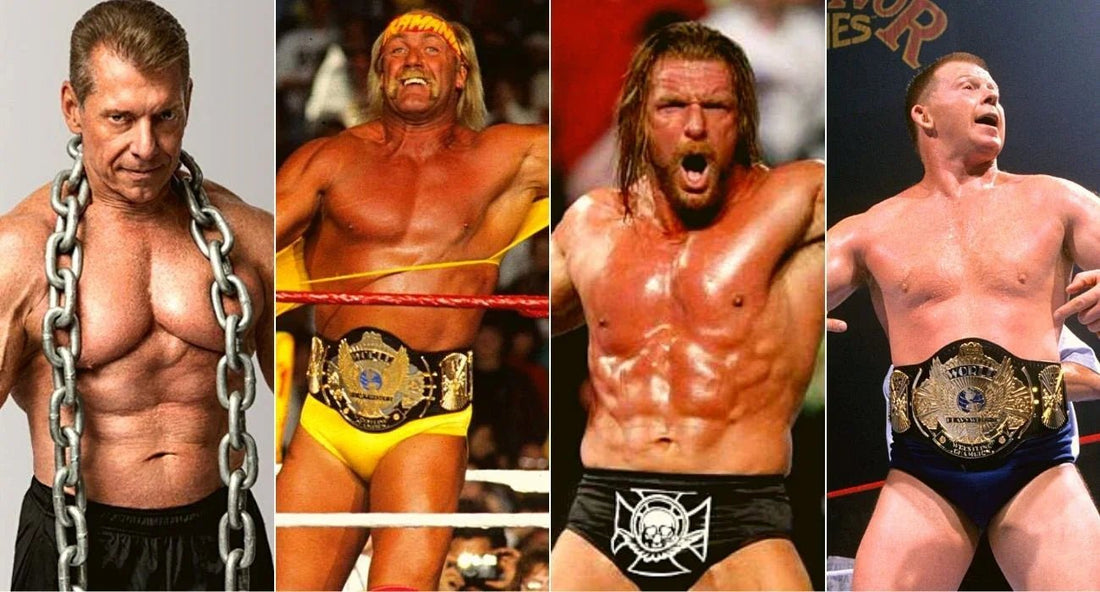
History Of WWE
Share
Formation and Early Years:
Capitol Wrestling Corporation (CWC):
WWE traces its roots back to Capitol Wrestling Corporation, which was founded by Jess McMahon in 1952. Vince McMahon Sr., Jess's son, eventually took over the business.
World Wide Wrestling Federation (WWWF):
In 1963, the promotion changed its name to the World Wide Wrestling Federation (WWWF) and became a prominent force in the Northeastern United States.
Expansion and National Success:
Vince McMahon Jr. Takes Over:
Vince McMahon Jr. took control of the company from his father in 1982. He had a vision of taking professional wrestling to a national and eventually global level.
WrestleMania Era (1980s):
The inaugural WrestleMania took place in 1985 and was a groundbreaking event that combined wrestling with mainstream entertainment. This marked the beginning of the "Rock 'n' Wrestling Connection" era.
Hulk Hogan and The Attitude Era:
The late 1980s and early 1990s saw the rise of Hulk Hogan as the face of WWE. In the late 1990s, WWE entered the "Attitude Era," characterized by edgier content and the Monday Night Wars with WCW.
The Monday Night Wars:
Monday Night Raw:
WWE's flagship program, Monday Night Raw, debuted in 1993 and became a cornerstone of the company's success.
Attitude Era and Competition with WCW:
The Monday Night Wars reached their peak during the late 1990s, with WWE and WCW engaging in a fierce ratings battle. WWE ultimately emerged victorious, acquiring WCW in 2001.
Ruthless Aggression Era and Brand Split:
Brand Extension (2002):
WWE implemented a brand extension in 2002, creating separate rosters for Raw and SmackDown. This period, known as the Ruthless Aggression Era, introduced new talent and storylines.
PG Era and Global Expansion:
PG Era (2008):
WWE adopted a more family-friendly product in the late 2000s, entering the PG Era, which aimed to appeal to a broader audience.
Global Expansion and WWE Network:
WWE expanded its global reach, hosting events in various countries and launching the WWE Network in 2014, a streaming service that provided access to a vast library of wrestling content.
Present Day:
WWE as a Multimedia Company:
WWE has become a multimedia entertainment company, with ventures into film, television, and various forms of digital media. It continues to produce weekly television programs, pay-per-view events, and live shows globally.
WWE has become a multimedia entertainment company, with ventures into film, television, and various forms of digital media. It continues to produce weekly television programs, pay-per-view events, and live shows globally.
Throughout its history, WWE has seen numerous iconic moments, legendary wrestlers, and a constant evolution in its approach to sports entertainment. It remains one of the most prominent and influential organizations in the world of professional wrestling.
